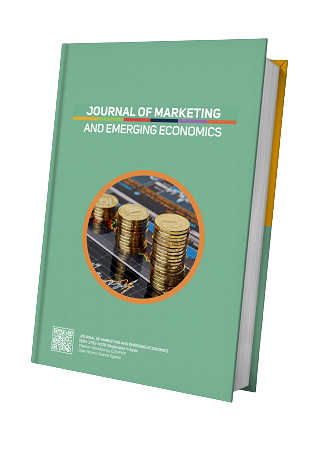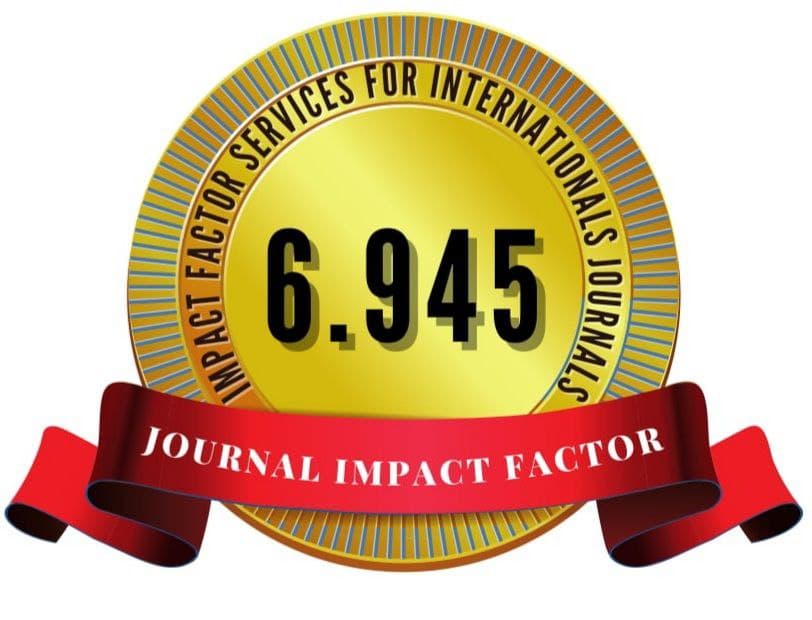Risk Attitudes and Time Preferences in Rotating Saving Credit Associations
Keywords:
Roscas, risk, time preference, experiments, non-linearAbstract
A Rotating Saving Credit Association, popularly known as Rosca, is a financial mechanism functioning over a fixed period of time. It involves formation of a group of people contributing fixed amounts of money to a pre-determined pool every period. Each participant either through draw of lots or bidding is entitled to the rosca pot in a given round. The rosca cycle ends when each person in the group has received the pot. The uniqueness of rosca as a financial instrument lies in its dual role of a saving and a credit instrument.
This paper analyzes the role of risk attitudes and time preferences in discount bidding roscas. The data for the study comes from roscas organized in two urbanized villages of the national capital territory of Delhi. Using a risk-time preference experiment on rosca participants, the paper employs non-linear least squares estimation to elicit risk and time preference parameters for participants of discount bidding roscas in the sample.





